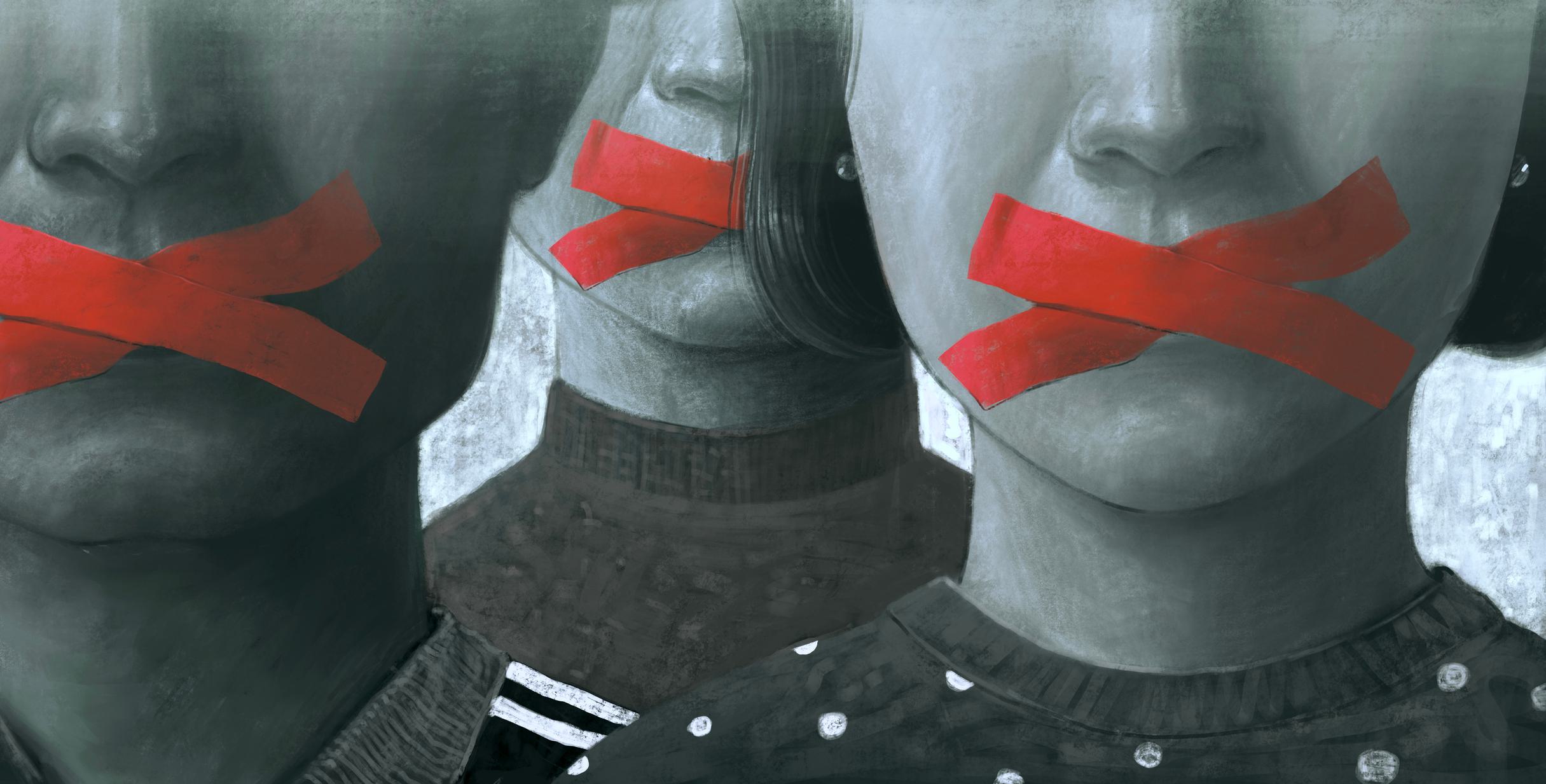I left Twitter a few years ago. I got tired of the abuse I was taking and the personal attacks. It seemed even my most innocent comments offended someone - you know, those people who simply look for ways to be offended. I call them “grievance collectors.” Even the fictional characters in my novels were criticized. “The main female character in his book is too attractive. He’s obviously a misogynist.” The thought police apparently believe you can’t have pretty people in books. (Still waiting for a romance novel with a shirtless guy who has a “dad bod” on the cover.) I shook my head, wondering what sort of people get upset about things that don’t even exist.
And I watched those who made conservative comments come under relentless attack. Or their comments “flagged” as misinformation, rumor or outright lies if they weren’t already deleted by “moderators” whose qualifications included being able to hit a delete button on a list of forbidden topics. One close friend was nearly canceled, his career and business almost destroyed.
So when Elon Musk bought Twitter, I decided to rejoin the platform. While I had no idea what he would do to the company, there was a clear indicator that things would change for the better.
That indicator was something I never thought I’d encounter during my life in the news business.
So-called journalists and members of Congress actually condemning the sale because free speech would no longer be monitored. But let’s call that what it is.
Censorship.
Censorship comes in many forms, not just deleting free speech or labeling information as a lie, but refusing to report all the news because of a political or social agenda. “Bias by omission” is the most common tactic by many in the media these days, the practice of simply burying stories you don’t like. But I’m not telling you anything new. You’re not stupid, even though many network execs might think you are.
What is new is what Musk has done to Twitter in such a short time.
And I’m wondering if his opening the floodgates of previously suppressed information will start a trend. Look no further than CBS’s recent “investigation” of Hunter Biden’s laptop that confirmed it was real. Wow, let’s break into regular programming for an important news bulletin. The network made it seem like an exclusive, when it was a story more than two years old. Of course, CBS also stopped using Twitter (“out of an abundance of caution”)… for a few days… until they came back. Whatever credibility they still had took a hit.
But here’s the question: Would the network have broadcast the Hunter Biden story had Musk not bought Twitter and blown up the business model?
And will this lead other news organizations to stop suppressing stories that don’t fit their agenda because those stories will now be freely discussed on Twitter?
So maybe Twitter will become a “safe space” for all opinions. And hopefully, free speech will trickle down to the rest of the media who obviously haven’t read the First Amendment.
Our founding fathers did not intend Freedom of the Press to mean freedom to censor.
Randy Tatano is the author of more than 20 novels, writing political thrillers under the pen name Nick Harlow, and romantic comedies as Nic Tatano. He spent 30 years working in television news as a local affiliate reporter and network field producer.
The views and opinions expressed here are those of the author and do not necessarily reflect the policy or position of 1819 News. To comment, please send an email with your name and contact information to Commentary@1819News.com.
Don't miss out! Subscribe to our newsletter and get our top stories every weekday morning.










